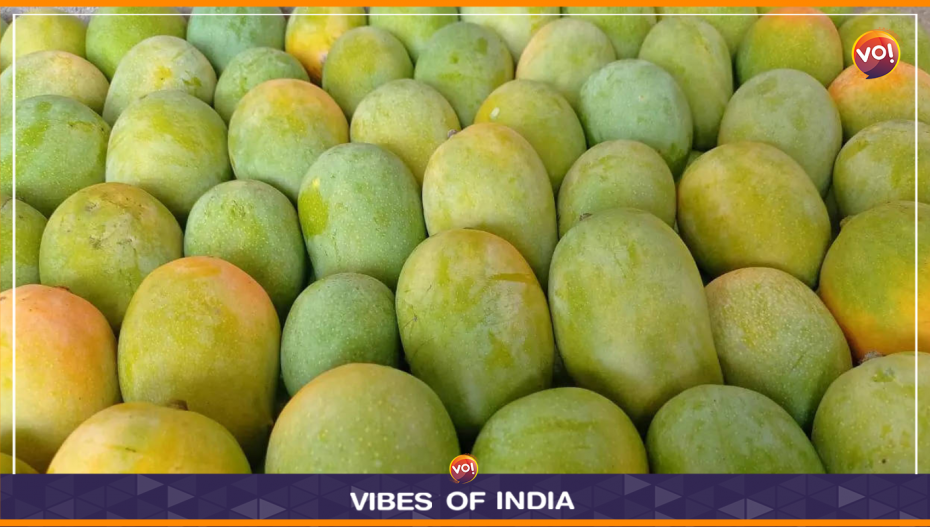Farm fresh kesar and Alphonso from Gujarat will be transported directly to the US, without having to go through the inspection facility through Maharashtra. It also means farmers will now be able to increase exports to the US. With the US Department of Agriculture’s Animal and Plant Health Inspection Service (USDA-APHIS) having approved the agro radiation processing facility at Bavla in July 2022, there’s good news for mango lovers in the US.
The facility at Bavla, near Ahmedabad, has been developed by Gujarat Agro Industries Corporation Ltd (GAIC). “USDA-APHIS approved the Bavla radiation processing facility last July. The coming mango season will be the first in which Gujarat will directly export mangoes to the US market. Currently, mangoes from Gujarat are sent through Maharashtra, which means higher logistics costs. Our facility was ready in 2014 but the approval was delayed. If the weather does not play spoilsport, we expect nearly 400 tonnes of mangoes to be exported between mid-April and June.”
According to the Agriculture and Processed Food Products Export Development Authority (APEDA), last year India’s mango exports to the US was 813 tonnes, valued at Rs 33.68 crore.
Hiren Gandhi, former chairman of GCCI’s food committee, explained: “The US mandates that mangoes and other food products undergo irradiation, which kills insects on the fruit. The irradiation facility will help Gujarat farmers get better prices for their kesar mangoes in the international market. The US is a big market for mangoes. The Australian market will also open for direct exports from Gujarat with this facility. Irradiation also increases the shelf life of mango by at least 25 days.”
Adding further, Ashish Guru, chairman, of Gujarat Chamber of Commerce and Industry (GCCI), Agriculture Committee stated: “Gujarat is a leading mango producer. Our mangoes are of better quality than the Mexican varieties being sold in the US. The irradiation facility will help expedite the exports and augur premium returns for the harvesters.”
Also Read:Report Suggests Region-Specific Crops To Battle Depleting Water Reserves













